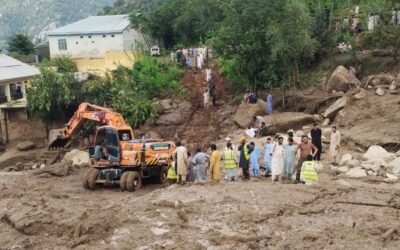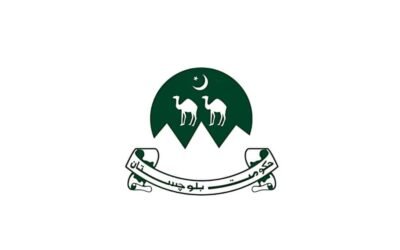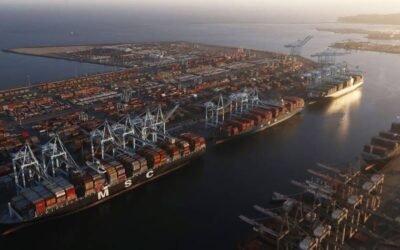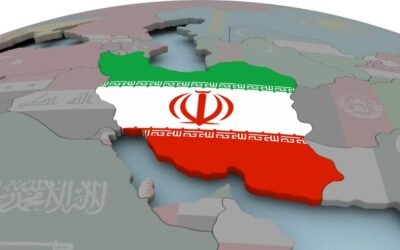The International Monetary Fund (IMF) has announced that its upcoming Extended Fund Facility (EFF) review mission will focus on evaluating Pakistan’s fiscal policies and emergency provisions in light of the country’s devastating floods. The mission, a crucial step for the disbursement of a recent $1.4 billion loan, will assess whether the nation’s financial framework is equipped to address the widespread crisis.
The floods have resulted in a significant loss of life, with Pakistan’s National Disaster Management Authority confirming a death toll of 972 to date. The catastrophe has decimated crops, livestock, and homes across Punjab and is now threatening the province of Sindh, raising serious concerns about rising inflation and economic hardship in the cash-strapped nation.
Mahir Binici, the IMF’s resident representative in Pakistan, stated that the mission would assess whether the country’s “FY26 budget, its spending allocations, and emergency provisions remain sufficiently agile to address the spending needs necessitated by the floods.” This assessment is critical for the continuity of the EFF program, which is designed to bolster Pakistan’s economic resilience to climate vulnerabilities and natural disasters. The disbursement of funds is contingent upon the successful completion of these reviews.
The floods’ economic fallout is already being felt. Analysts estimate the agricultural damage could shave as much as 0.2 percentage points off this year’s growth, with any reconstruction-led demand only partially offsetting the impact. As policymakers weigh these risks against a slowing economy, the State Bank of Pakistan is widely expected to hold its key interest rate steady at 11 percent.
This crisis underscores Pakistan’s extreme vulnerability to climate change, as highlighted by the Global Climate Risk Index, which ranks the country among the most susceptible to its effects. The IMF’s review will therefore not only address the immediate crisis but also evaluate the long-term effectiveness of Pakistan’s economic and fiscal strategies in a climate-volatile world.
You May Like To Read:
- Pakistan and the United Nations’ Peacekeeping Legacy
- Special Economic Zones (SEZs): Attracting Investment and Industrialization for Pakistan
- CPEC’s Tightrope Walk: Navigating Security, Economic and Sovereignty Concerns
- From Karabakh to Kashmir: Azerbaijan and Pakistan’s Strategic Partnership
- Geopolitical Dimensions of Information Warfare Against Pakistan




























